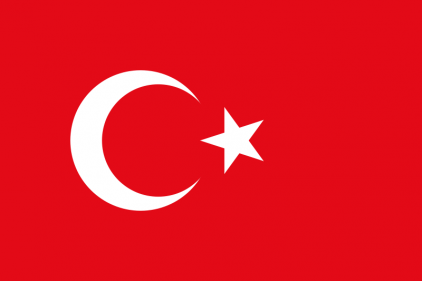 Washington, April 30 : Archaeologists have found an ancient temple in Turkey, filled with broken metal, ivory carvings, and stone slabs engraved with a dead language, which would cast new light on the “dark age” that was thought to have engulfed the region from 1200 to 900 B. C.
Washington, April 30 : Archaeologists have found an ancient temple in Turkey, filled with broken metal, ivory carvings, and stone slabs engraved with a dead language, which would cast new light on the “dark age” that was thought to have engulfed the region from 1200 to 900 B. C.
Written sources from the era, including the Old Testament of the Bible, Greek Homeric epics, and texts from Egyptian pharaoh Ramses III, record the transition from the Bronze Age to the Iron Age as a turbulent period of cultural collapse, famine, and violence.